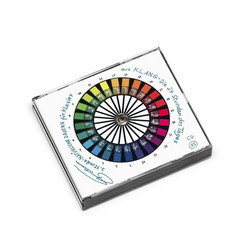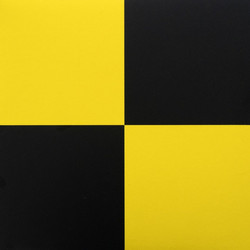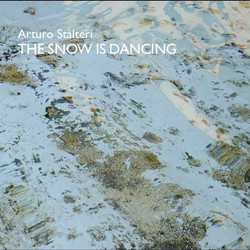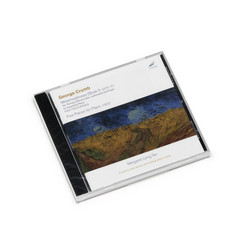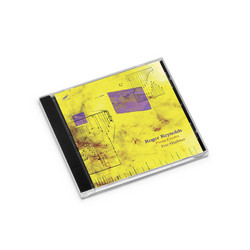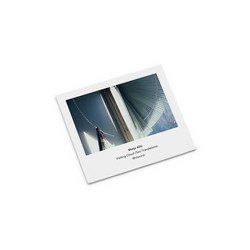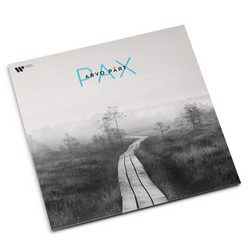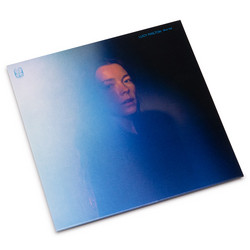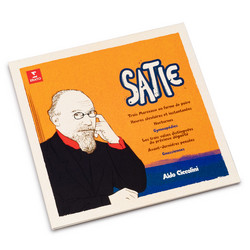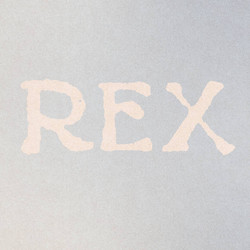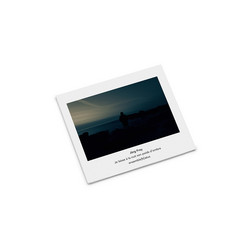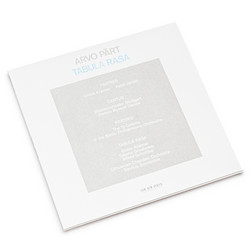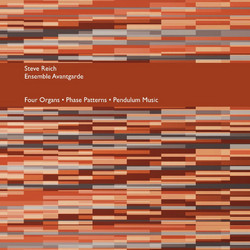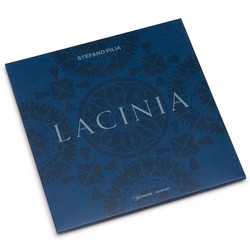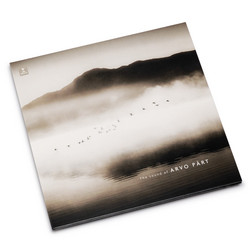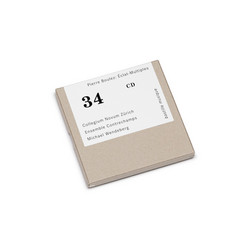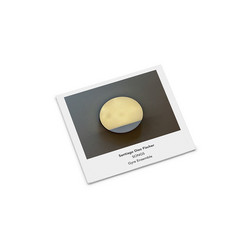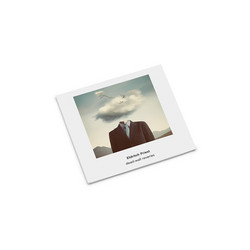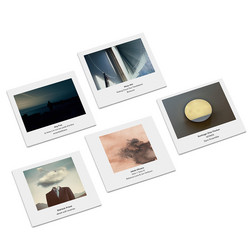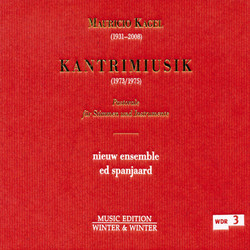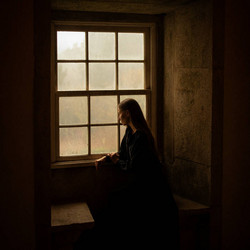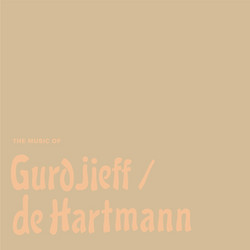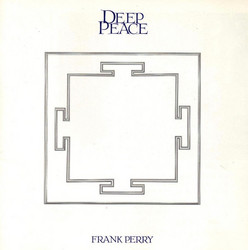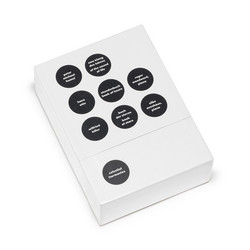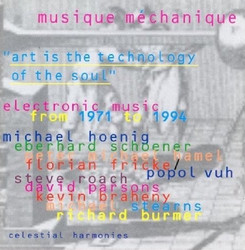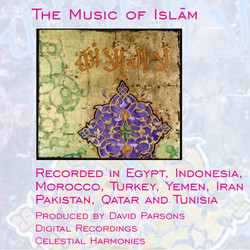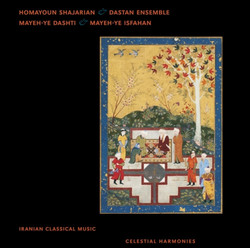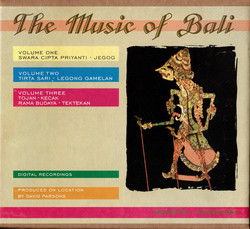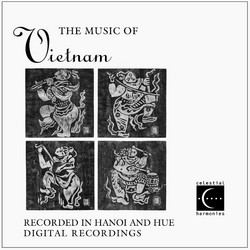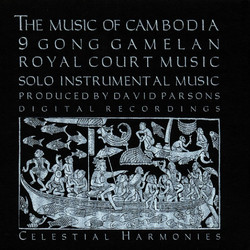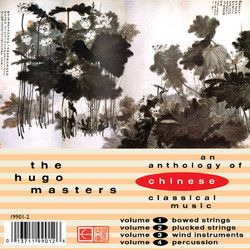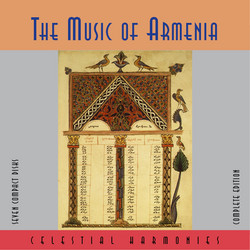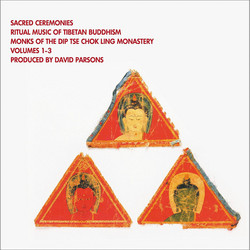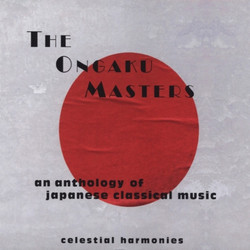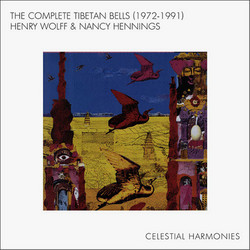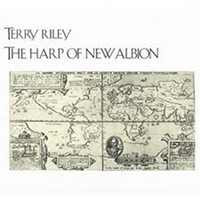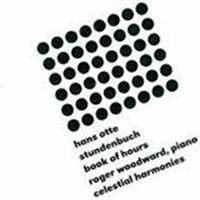Georges Ivanovitch Gurdjieff, Thomas de HartmannFeaturing: Cecil Lytle
The Complete Piano Music Of Georges I. Gurdjieff And Thomas De Hartmann (6CD box set)
The music produced from the remarkable collaboration of Georges Ivanovich Gurdjieff and Thomas de Hartmann typifies the creative explorations undertaken by many artists just after the turn of the 20th century. In visual art, Wassily Kandinsky (1866-1944) explored abstraction in both sight and sound, while composer Alexandre Skryabin (1872-1915) proposed an æsthetic format through his compositions that entailed the collaboration of colors, sounds, scents and movement. Each of these artists and thinkers created an art that was the literal embodiment of a deeply-help philosophical system of beliefs. Gurdjieff, Kandinsky and Skryabin freely drew from an informed mixture of Greek mythology, Christianity, Hinduism, Theosophy and Chinese philosophy to complete their own personal creeds. Each felt that their particular artifact of sight or sound, when fully experienced, would conjure forth powers which modern man had allowed to atrophy.
However, the musical aspirations of Georges Gurdjieff differ in the respect that music and movement were an inextricable part of his combined pedagogy and enlightenment. Coming from Alexandropol (later called Leninakan; today known as Gyumri), Armenia, Gurdjieff's attitudes were textured by the fact that since the 3rd century B.C.E., this area had become the literal crossroad for the diverse cultures that ringed the Black, Caspian and Mediterranean Seas. The horizon of his musical art never widened. Instead, it grew gradually and inexorably, his gaze focused more and more on using music to gain mastery over the ethological resources of the human spirit and moral behaviour. It is ironic, indeed, that someone with such an unambiguous and immediate use for music in furthering a prodigious philosophical narrative was so ill-equipped with the general skills of the art.
As a result of his travels and keen observations, Georges Gurdjieff had become a repository of the ancient and ineffable. However, he was without an articulate voice to impart this esoteric knowledge to any but his most ardent followers. Gurdjieff found in Thomas de Hartmann not only a willing disciple, but also an accomplished musician. By the time de Hartmann met Gurdjieff in 1917, he was thirty-one and already a successful composer in St. Petersburg. The premiere performances of his ballets included Fokine, Nijinsky and Pavlova and had been performed before the Tsar. The years preceding 1917 witnessed Thomas de Hartmann's search for divine truths and enlightenment. During the three years that he studied conducting in Munich, de Hartmann came into close contact with Kandinsky and his associates who espoused notions of anthroposophy and synesthesia. Also, he was one of the few close friends of the enigmatic Alexandre Skryabin.
